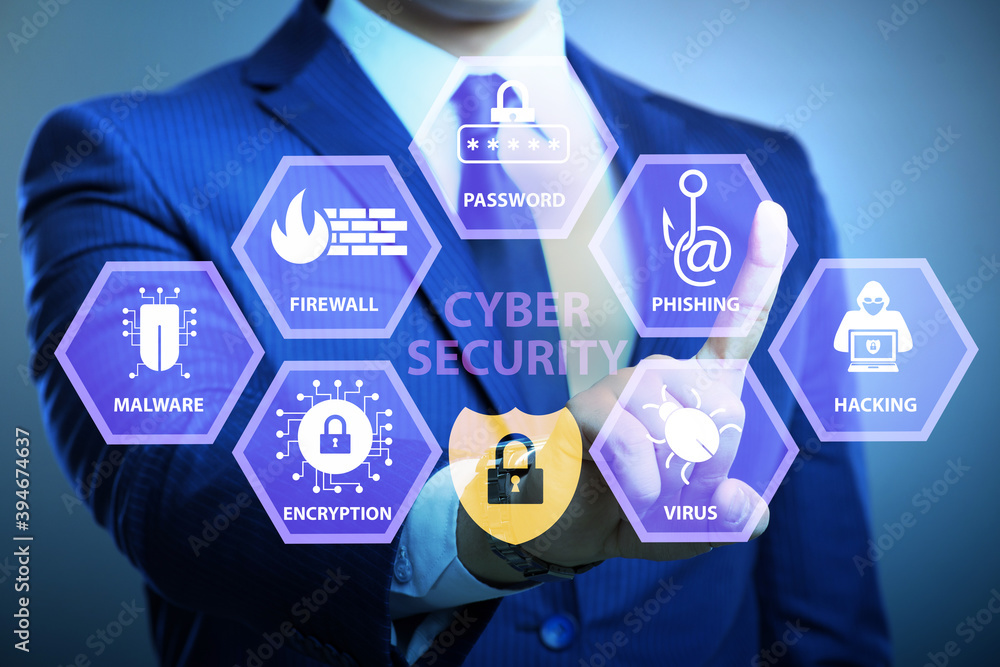
The rise of coworking spaces has transformed the modern workplace, offering flexibility, cost-efficiency, and networking opportunities for businesses of all sizes. However, this shared environment also introduces unique cybersecurity challenges. With multiple organizations operating under one roof, coworking hubs become attractive targets for cybercriminals. Outsourcing cybersecurity services can provide an effective solution, ensuring robust protection without needing in-house expertise.
Read on to learn about outsourced cybersecurity and why it’s a smart move for coworking hubs.
The Growing Cybersecurity Threats in Coworking Spaces
Coworking spaces host freelancers, startups, and established companies, each with varying levels of cybersecurity awareness. The shared IT infrastructure—Wi-Fi networks, printers, and cloud storage—can create vulnerabilities that hackers can exploit. Some common security threats include:
- Phishing Attacks: Phishing scams trick employees into revealing passwords or downloading malware through deceptive emails impersonating trusted sources. A single-clicked link can expose all tenants’ data in coworking spaces, where multiple organizations share networks. Training staff to spot suspicious requests and report them immediately is critical for preventing cascading breaches.
- Man-in-the-Middle Attacks: Coworking spaces using unencrypted Wi-Fi or outdated protocols expose all member communications—emails, file transfers, even logins—to eavesdropping. Hackers can steal sensitive data in transit using simple sniffing tools. Implementing WPA3 encryption and VPN requirements can create an essential secure tunnel for all tenant activities.
- Malware Infections: In coworking environments, one compromised laptop or smartphone can propagate ransomware or spyware across shared networks, cloud storage, and even smart office devices. Segmenting networks with VLANs, requiring endpoint protection software, and isolating infected devices immediately are critical containment measures to prevent malware from crippling multiple businesses simultaneously.
- Unauthorized Access: Coworking spaces typically face heightened risks when members reuse weak passwords or leave devices unlocked. Mandating complex passwords, automatic screen locks, and physical security protocols can prevent unauthorized access that could expose sensitive business data across the shared workspace.
Given these risks, coworking hubs must prioritize robust security measures to fight off potential threats. Also, partnering with a specialized provider, such as those offering cybersecurity in Houston or similar locations, can ensure comprehensive protection tailored to shared workspaces.
Why Outsourcing Cybersecurity Makes Sense
Businesses today face sophisticated cyber threats requiring 24/7 access to cybersecurity expertise many lack in-house. Below are the reasons why outsourcing cybersecurity makes sense:
Access to Expertise and Advanced Security Tools
Maintaining an in-house cybersecurity team requires significant investment in hiring, training, retaining skilled professionals, and purchasing expensive software and hardware. For coworking hubs, outsourcing offers a more practical cybersecurity solution, granting access to specialized experts who utilize cutting-edge technologies—such as AI-driven threat detection, automated response systems, and continuous network monitoring—to defend against evolving cyber risks without the financial burden of an internal team.
Cost-Effective Security Solutions
Building an in-house cybersecurity infrastructure can demand costly investments in firewalls, endpoint protection, SIEM tools, and skilled IT personnel—expenses that strain coworking budgets. Outsourcing can also provide flexible, subscription-based models, enabling spaces to customize security packages (like threat monitoring or compliance support) without upfront or hidden costs.
Compliance and Regulatory Adherence
Coworking spaces serving regulated industries face complex compliance demands, including data encryption, access controls, and audit trails. Outsourced cybersecurity providers specialize in aligning security frameworks with regulations like HIPAA (healthcare) and GDPR (EU data privacy), conducting compliance assessments, and implementing tailored safeguards. This proactive approach can mitigate legal risks while demonstrating due diligence to tenants and auditors.
24/7 Threat Monitoring and Incident Response
Cyber attacks don’t adhere to business hours, making 24/7 threat monitoring essential. Outsourced cybersecurity teams leverage AI-powered tools and global SOCs (Security Operations Centers) to detect anomalies in real time, from midnight ransomware attempts to weekend phishing campaigns. Their instant containment strategies—like isolating infected devices or rolling back data—limit operational disruption and financial fallout for coworking communities.
Key Cybersecurity Measures for Coworking Hubs
Coworking spaces face unique security challenges with multiple businesses sharing networks. Essential protections include:
Secure Network Infrastructure
Coworking Wi-Fi networks, used by diverse businesses, are prime targets for hackers. Enterprise firewalls can filter malicious traffic, WPA3 encryption can secure data in transit, and VLANs can isolate tenant networks—preventing lateral attacks if one device is compromised. These layered defenses can transform shared internet into a secure asset, balancing accessibility with protection in collaborative environments.
Employee and Member Training
Human error accounts for several data breaches, making ongoing security awareness critical. Coworking spaces should conduct quarterly security awareness training sessions covering phishing simulations, secure password managers, and BYOD policies. Gamified learning modules and real-world attack examples can also keep members engaged while building a culture of cyber vigilance across all tenant organizations.
Multi-Factor Authentication (MFA)
Multi-factor authentication (MFA) can significantly reduce security breach risks by requiring secondary verification—like biometric scans or one-time codes—beyond just passwords. Coworking hubs should mandate MFA for all member accounts, Wi-Fi logins, and admin portals. This simple step can block automated attacks, transforming stolen credentials into useless data for cybercriminals.
Regular Security Audits and Penetration Testing
Proactive penetration testing acts as a cybersecurity stress test, with ethical hackers simulating real-world attacks like SQL injections or social engineering. For coworking spaces, quarterly tests uncover flaws in Wi-Fi networks, member portals, and IoT devices before criminals do. These controlled breaches can allow targeted hardening of defenses—turning vulnerabilities into strengths between audit cycles.
The Future of Cybersecurity in Coworking Spaces
As cyber threats evolve, coworking hubs must stay ahead of the curve. Outsourcing cybersecurity can help address current risks and prepare space for future challenges like AI-driven attacks and IoT vulnerabilities. By leveraging external expertise, coworking operators can foster a secure, productive environment that attracts and retains tenants.
Final Thoughts
With the information mentioned above in mind, outsourced cybersecurity is a strategic investment for coworking hubs. It can provide expert protection, cost efficiency, and regulatory compliance—essential components for thriving in today’s cybersecurity landscape.
Photo credits: Adobe
